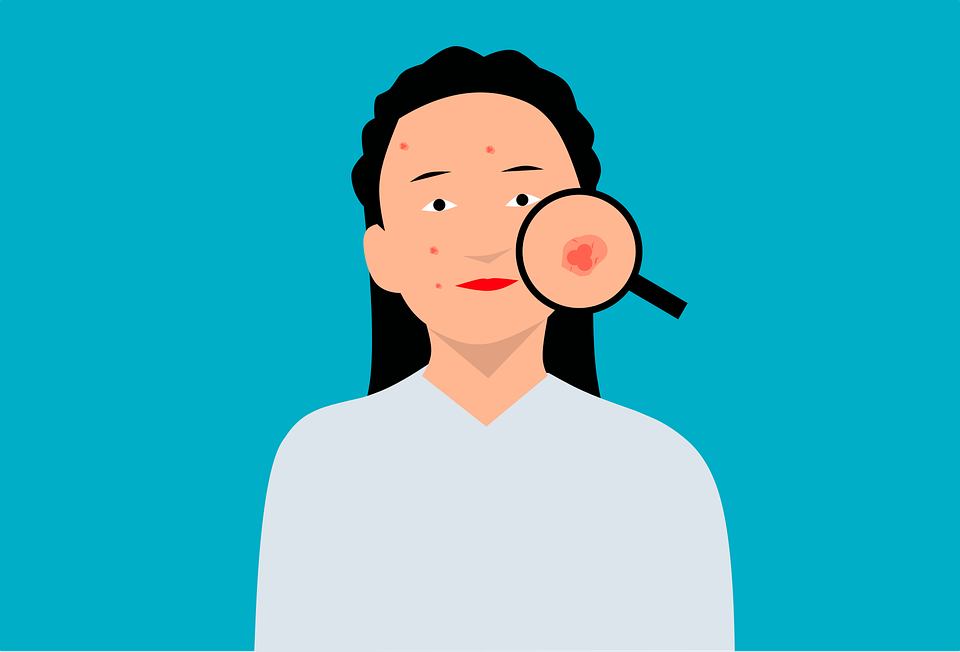Probiotics have been touted as a solution for a range of health issues, from digestive problems to immune system support. But did you know that probiotics can also have a positive impact on your skin health? In this blog post, we’ll explore the research on probiotics and skin health and how they can promote a healthy and glowing complexion.
What are Probiotics?
Probiotics are live bacteria and yeasts that are beneficial for your gut health. They can be found in a variety of foods, such as yogurt, kefir, sauerkraut, and kimchi, as well as in supplement form. Probiotics work by promoting a healthy microbiome in the gut, which can improve digestion and alleviate a range of digestive issues.
The Link Between Gut Health and Skin Health
There is growing evidence that gut health is linked to skin health. A healthy gut microbiome can help regulate inflammation, boost the immune system, and promote the production of collagen, all of which can contribute to healthy and radiant skin.
1. Inflammation
Chronic inflammation has been linked to a range of skin conditions, including acne, eczema, and psoriasis. A healthy gut microbiome can help reduce inflammation and promote healthy skin.
2. Immune System
The gut microbiome plays a crucial role in regulating the immune system. A healthy immune system can help protect the skin from harmful bacteria and other pathogens.
3. Collagen Production
Collagen is a protein that is essential for healthy skin. A healthy gut microbiome can help promote the production of collagen, which can help improve skin elasticity and reduce the appearance of wrinkles.
The Evidence on Probiotics and Skin Health
While the research on probiotics and skin health is still emerging, there have been several promising studies that suggest probiotics may be beneficial for promoting healthy skin.
1. Reduced Acne Severity
A study published in the Journal of the American Academy of Dermatology found that a probiotic supplement containing Lactobacillus acidophilus reduced the severity of acne in adults. The study also found that the probiotic supplement improved skin hydration and reduced inflammation.
2. Improved Eczema Symptoms
A study published in the British Journal of Dermatology found that a probiotic supplement containing Lactobacillus rhamnosus reduced the severity of eczema in children. The study also found that the probiotic supplement improved skin hydration and reduced inflammation.
3. Reduced Skin Sensitivity
A study published in the Journal of Cosmetic Dermatology found that a probiotic supplement containing Lactobacillus paracasei improved skin sensitivity in adults. The study also found that the probiotic supplement improved skin hydration and reduced inflammation.
Choosing the Right Probiotic for Skin Health
Choosing the right probiotic for skin health is important to ensure that you get the maximum benefits. Here are some factors to consider when choosing a probiotic:
1. Strain
Different probiotic strains have different benefits, so it’s important to choose the right one for skin health. For example, Lactobacillus rhamnosus has been shown to be effective in reducing the severity of eczema.
2. Colony Forming Units (CFUs)
CFUs refer to the number of living bacteria in a probiotic supplement. It’s important to choose a supplement with an adequate amount of CFUs to ensure that you get the maximum benefits.
3. Quality
Choose a probiotic supplement from a reputable brand that has been tested for quality and purity.
4. Form
Probiotics are available in various forms, including capsules, powders, and liquids. Choose a form that is convenient for you to take and fits your lifestyle.
Incorporating Probiotics into Your Skincare Routine
In addition to taking probiotic supplements, you can also incorporate probiotics into your skincare routine. Here are some ways to do so:
1. Topical Probiotics
Topical probiotics are skincare products that contain probiotic bacteria. They can help promote a healthy skin microbiome and improve skin hydration.
2. Fermented Skincare Products
Fermented skincare products are made with ingredients that have undergone fermentation, which can increase their probiotic content. Look for products that contain fermented ingredients, such as soy, rice, or milk.
3. Probiotic-rich Foods
In addition to taking probiotic supplements, you can also incorporate probiotic-rich foods into your diet. Foods like yogurt, kefir, sauerkraut, and kimchi can help support a healthy gut microbiome and promote healthy skin.
The Bottom Line
While probiotics may have some benefits for skin health, they should not be relied upon as a sole solution. A healthy diet, regular exercise, and other lifestyle changes are also important for promoting healthy and radiant skin. However, incorporating probiotics into your skincare.







